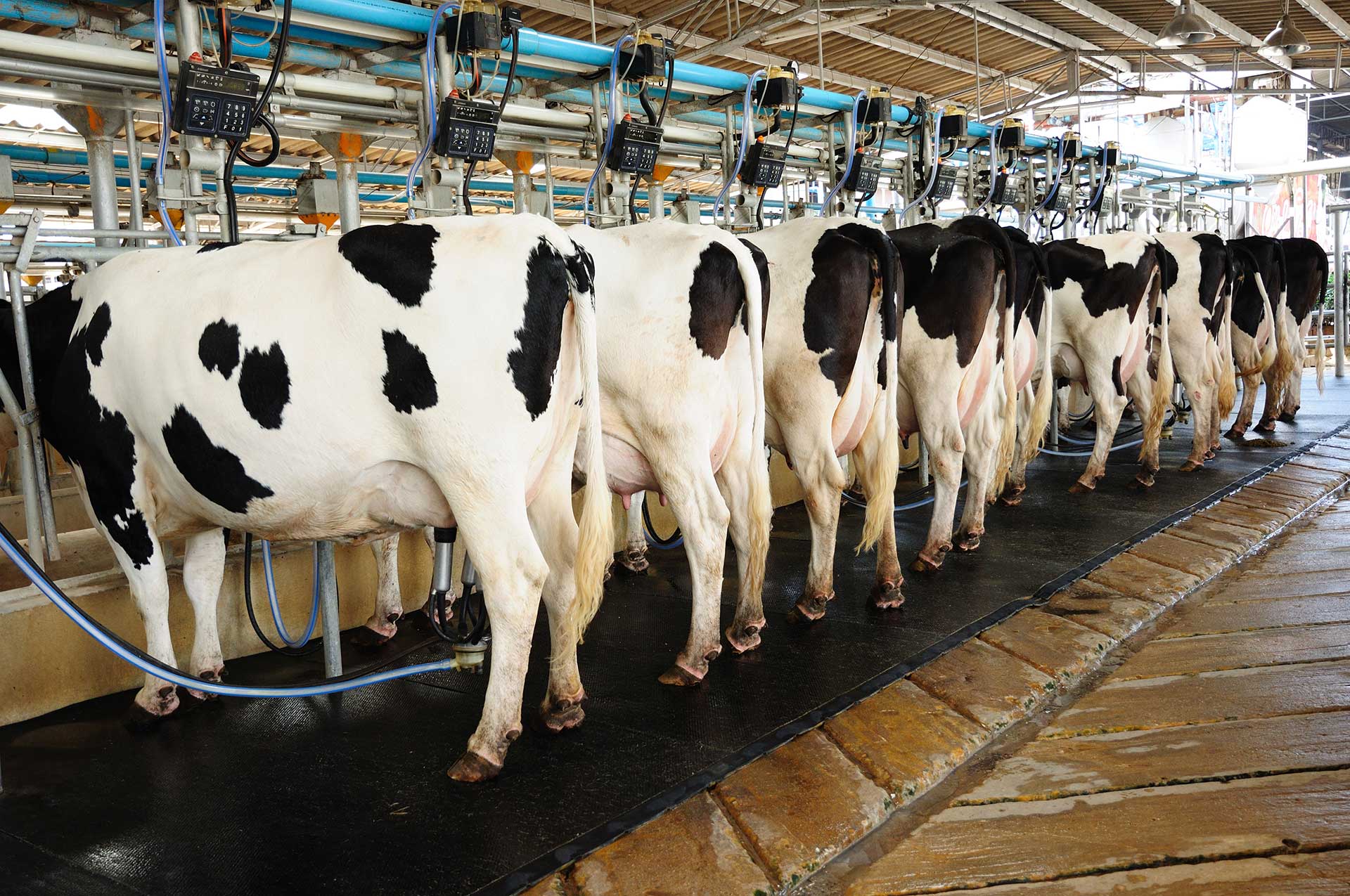Melamine Contamination Testing in Dairy Products
The presence of melamine in dairy products is a significant concern due to its potential health risks. This test involves detecting and quantifying melamine residues, which can be harmful if found above acceptable limits. In the context of agriculture and forestry testing, specifically within livestock and dairy product testing, this service plays an essential role in ensuring food safety.
Dairy products are a key part of many diets around the world, and contamination with melamine can lead to severe health issues such as kidney damage. The European Union (EU) and other international standards like ISO 18361:2014 have set strict limits on the allowable levels of melamine in dairy products. This service ensures compliance with these regulations.
The testing process involves several critical steps, including sample preparation, extraction, and analysis using high-performance liquid chromatography (HPLC) or gas chromatography-mass spectrometry (GC-MS). The use of these advanced analytical techniques allows for precise detection even at very low concentrations. After the analysis, detailed reports are generated that provide quantitative data on melamine content.
The importance of this test cannot be overstated, especially given recent outbreaks and recalls in countries like China where melamine contamination has been a serious issue. By implementing this testing service, laboratories can help protect public health by ensuring that dairy products meet the necessary safety standards.
- Reduces the risk of public health crises
- Ensures compliance with international regulatory frameworks
- Safeguards the reputation and integrity of dairy producers
- Promotes consumer confidence in dairy products
In summary, melamine contamination testing is crucial for maintaining food safety standards. It helps prevent potential health risks associated with contaminated dairy products and supports the regulatory framework set by international organizations.
Why It Matters
Melamine contamination in dairy products poses serious health hazards, including kidney damage and other severe side effects. The presence of this chemical can lead to widespread recalls and loss of consumer trust. Therefore, rigorous testing is essential for ensuring that dairy products meet stringent safety standards.
Compliance with international standards such as ISO 18361:2014 not only protects consumers but also helps maintain a positive reputation among stakeholders. This service contributes to the overall quality control process in agriculture and forestry, particularly within livestock and dairy product testing.
The importance of this test extends beyond just regulatory requirements; it plays a vital role in safeguarding public health. By detecting melamine contamination early on, laboratories can prevent potential outbreaks and minimize harm to consumers. This proactive approach is critical for maintaining trust between producers and consumers.
Why Choose This Test
Selecting this test offers numerous advantages for quality managers, compliance officers, R&D engineers, and procurement professionals involved in dairy product testing. Firstly, it ensures that your products meet the highest safety standards set by international organizations like ISO 18361:2014.
- Provides peace of mind regarding product safety
- Achieves compliance with regulatory requirements
- Enhances consumer confidence in dairy products
- Protects the reputation and integrity of your brand
The advanced analytical techniques used in this testing service, such as HPLC and GC-MS, offer unparalleled accuracy and precision. These methods allow for the detection of melamine even at very low concentrations, ensuring that no contamination goes undetected.
In addition to meeting regulatory standards, choosing this test also demonstrates a commitment to maintaining high-quality products. This proactive approach can help build long-term relationships with customers and suppliers while fostering trust within your organization.
Environmental and Sustainability Contributions
- Promotes safer food consumption: By preventing melamine contamination, this service contributes to healthier eating habits globally. Safer foods contribute positively to environmental sustainability by reducing healthcare costs associated with contaminated products.
- Reduces waste from recalls: Ensuring product safety through rigorous testing minimizes the need for costly and resource-intensive recalls. This reduces the amount of wasted food, water, energy, and labor, contributing to overall environmental conservation efforts.
- Enhances trust in agriculture and forestry practices: Consistent adherence to high-quality standards fosters trust among consumers and stakeholders, promoting sustainable agricultural practices that benefit both people and the planet.
In conclusion, this service not only protects public health but also plays a crucial role in supporting environmentally friendly policies aimed at improving global sustainability.





